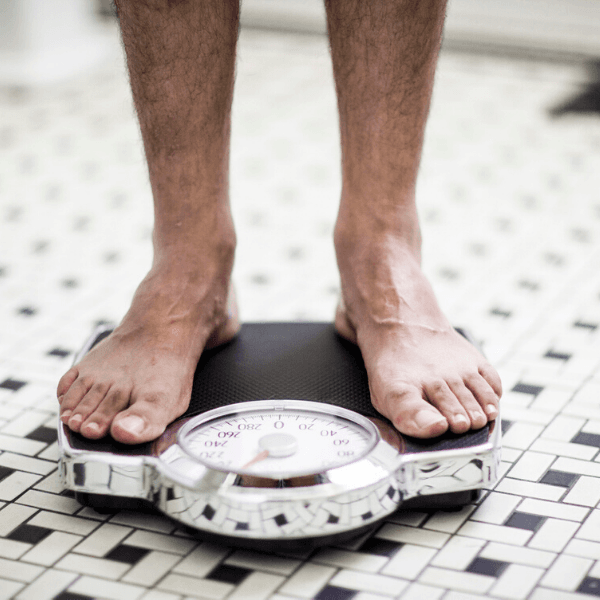We know that maintaining a healthy weight is important for our overall health and sense of well-being. We also know that being overweight is often associated with health conditions like high cholesterol, heart attacks and diabetes.
What a lot of us don’t know is that your weight may also have a significant impact on sexual and reproductive function.
So, how do you know if you’re overweight? A simplified way of calculating whether you’re overweight or obese is using a Body Mass Index (BMI) calculator — a tool which uses your height and weight to calculate whether you’re at a healthy weight.
There are a few limitations to the BMI calculator, mostly because the calculator only accounts for height and weight and no other factors.
For example, you may believe you’re a healthy weight at 6’5”, however your BMI may say otherwise!
BMI calculator
Before calculating your BMI, it’s important to note that older persons, people with high muscle mass and certain ethic groups (including Aboriginal and Torres Strait Islander, Pacific Islander, South Asian, Chinese and Japanese populations) may have a BMI result which isn’t within a healthy range.
This should be monitored on a case-by-case basis with their GP.
How does being overweight or obese affect your sexual function?
Being overweight or obese may lead to low sex drive
Maintaining a healthy weight is important for hormonal health as being overweight or obese is associated with having low testosterone levels.
Low levels of testosterone in men may lead to (further) weight gain, lowered muscle mass, tiredness, and low semen volume, as well as lowered sex drive.
Being overweight or obese may increase your likelihood of erectile dysfunction
Being overweight or obese doesn’t directly cause erectile dysfunction.
Being overweight or obese contributes to your risk of high blood pressure and heart disease, and both of these conditions affect the blood vessels that cause erections.
So just as controlling your weight helps protect from heart disease, it also helps with erectile function.
How does being overweight or obese affect your reproductive health?
It’s important to remember that the health of both the mother and the father is vital as they prepare to become parents, no matter what your sexuality.
In men, being overweight or obese reduces the quantity and the quality of sperm. Having fewer sperm, or sperm that cannot move properly greatly reduces the chance of successful conception of a baby.
What should you do if your weight is affecting other aspects of your health?
It can be really tough coming to terms with the fact that you may need to lose some weight. It’s not easy but do remember that the decision you make today will make a positive impact on your health tomorrow.
Start with small achievable goals when it comes to weight loss. If you feel you need support, reach out to your GP for advice on the healthiest to lose weight.










